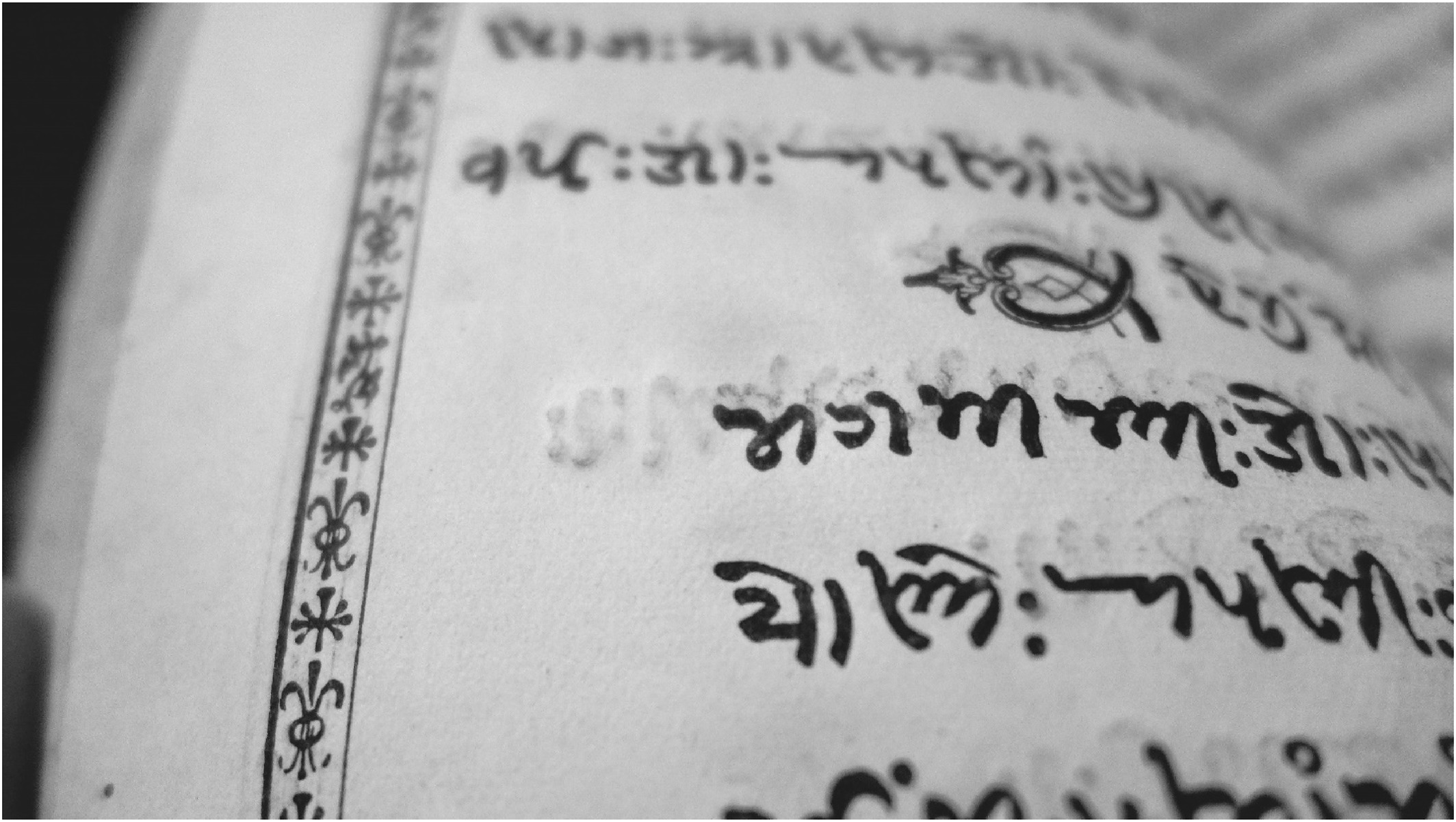AFRICA SEMINAR: The Gujarati archive in Tanzania - South Asian presence in East Africa

Iqbal Akhtar, Associate Professor has been invited to speak about the roots of South Asian presence in East Africa and discussion of Khoja religious identity based on his newest publication addressing the Gujarati archive in Tanzania - South Asian presence in East Africa
The South Asian presence in East Africa has roots in antiquity through oceanic trade routes linking the Subcontinent to Africa. Existing paper archives date to the colonial period, held both by the government and various communities. Only the most recent sliver of more than two millennia of history is therefore recorded on paper. Of that, most of the academic (Hofmeyr) work done on the Asian minority in East Africa has used colonial era archives in European languages, such as German and English. The voices of Asian merchant communities are rarely heard in their own language and context. Their texts are either totally absent from analysis or dismissed as religious and not addressing the “interesting” historical questions of power (economic, political, and social) that dominate academic historical research on the region.
Iqbal Akhtar is an associate professor in the Department of Religious Studies and Politics & International Relations at Florida International University. He completed his doctorate at New College at the University of Edinburgh and has previously taught at the U.S. Air Force Academy. His interdisciplinary research examines the existential questions of contemporary religious, political, and cultural identity through the disciplines of history, anthropology, political science, and linguistics. Previous international research projects in Tanzania and Pakistan were funded by the U.S. Department of State and Defense. His innovative pedagogy incorporates Collaborative Online International Education (COIL) in course development for student learning. He is the founding director of Western Indian Ocean Studies program (WIOS) at FIU as well as the director of Jain Studies, developing new avenues for North-South institutional collaborations and research projects funded by local, state, and international organizations.
